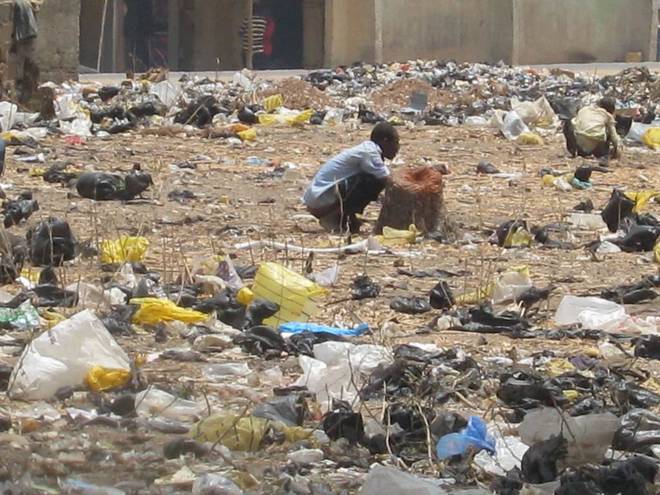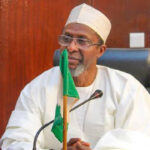Only 27 local government areas have been declared Open Defecation Free (ODF) representing less than 4 percent of the 774 LGAs in Nigeria with Benue and Katsina having the highest number of ODF LGAs.
This revelation was part of its panel discussion ‘ WASH Matters Hard Talk’ held in Abuja by Nigerian WASH professionals drawn from the chief executives of six states Rural Water Supply and Sanitation Agencies comprising Katsina, Zamfara, Benue, Plateau, Adamawa and the Federal Capital Territory, Abuja.
24.4 percent of Nigerians (47 million ) have not yet begun to climb the sanitation ladder posing a major challenge to health, education, nutrition and poverty indices in the country.
It is possible to address this backlog by the end of 2025, if each state will commit to achieving an open defecation free status in an average of two LGAs per year to achieve the goal of the Clean Nigeria campaign of the Federal Government of Nigeria.
Alarmingly, with the advent of the COVID-19 pandemic, sanitation and hygiene and water supply are essential services that can make the difference between life and death; particularly as human excreta has been identified as a possible route of transmission of COVID-19,” the communique states in part.
Also highlighted are some challenges drawn from the panel discussions which include the fear in the minds of field workers about contracting COVID-19 infection; unwillingness of the populace to change behavior, delays in release of funds; donor fund dependence by states and agencies not taking sufficient advantage of the opportunities in sanitation for SME business development, inadequate learning and sharing of best practices between states.
In order to mitigate the COVID-19 pandemic, sanitation services delivery must be speeded up with the provision of Personal Protective Equipment (PPE) and Infection Prevention and Control of COVID -19 training for the WASH field workers.
We wish to emphasise the need for the urgent review of the sanitation promotion methods to enhance compliance with COVID-19 prevention measures, the inclusion of state WASH agencies in COVID-19 task teams, development of state wide multi-level monitoring and reporting systems, increased synergy between the various donor and government supported WASH programs, organised private sector participation, documentation of best practices, leadership training and peer to peer learning through a community of practice.
Dr. Boluwaji Onabolu, Chief Executive Officer of WASH Matter Initiatives

 Join Daily Trust WhatsApp Community For Quick Access To News and Happenings Around You.
Join Daily Trust WhatsApp Community For Quick Access To News and Happenings Around You.


